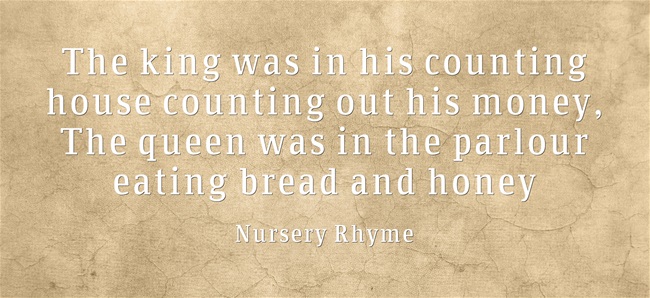
The financial slump in the UK has been called the slowest post-recession recovery in output in the past 100 years. A prediction shows the economy many not recover fully until 2018.
The bitter struggle for survival faced by families in the United States is most famously captured in John Steinbeck's 1930s classic novel, The Grapes of Wrath. Millions of Americans, blighted by recession and the Dust Bowl of the Mid-West, were forced to go west to avoid starvation.
The recession and recovery in the United Kingdom during the 1930s was less severe than the one that blighted the US. In fact the worst years for the UK economy in the 20th Century were between 1919 and 1921 when the aftershocks of First World War sent output spiraling by 20 per cent.
These days, the pain of recession has been spread more broadly than in recessions before, hitting those who may have thought they would escape its worst effects. Staff at the Job Centre have referred six thousand welfare claimants to food banks over concerns about them being left without enough money to eat. 325 food banks spread across the UK provide at least three days' worth of nutritionally-balanced food for local people in crisis. The desperate claimants are limited to emergency aid on three occasions.

I don't know how we'll meet the cost. My husband spends hours every night, studying the figures. He holds his worries tight to his chest but doesn't sleep well, so I know he's worried. He already does more than his fair share of the housekeeping, and all the shopping and cooking. I'm used to a life of ease. My husband, with Plantagenet blood and a child during WW2, has always lived for the day—spending money on lavish meals when he had it, and living by his wits when he didn't.


 RSS Feed
RSS Feed






